Treatment of scalp fungus in Turkey, also known as tinea capitis. It is a treatment for a skin lesion that appears as circles on a dry, scaly patch, a patch of hair loss, or both on the scalp.
Table of Contents
What is scalp fungus?
It is a skin fungus that appears on the scalp. They initially appear in the form of red spots and inflammation, causing skin itching.
Causes of scalp fungi
A type of fungus causes tinea nigra in which hair shafts break off on the surface of the scalp. There is also a second type that results in gray area tinea in which the hair shafts break off above the surface, leaving short tracks. Ringworm may cause flaking that resembles dandruff.
These fungi are transmitted from person to person through the shared use of a comb, hairbrush, razor blades, towels, or clothing. It can affect women and men equally.
Symptoms of tinea capitis
- Tinea capitis causes a scaly rash.
- Itching a bit.
- A patch of hair loss (alopecia), or both.
- Shahada, which is a large, painful, inflamed and swollen patch on the scalp from which pus sometimes oozes.
- Bubble gum: Bubbles may appear in the skin, and peeling may occur.
- Shahada with an abscess, which is a pocket of pus. Hair loss is generally caused by the immune system's response to the fungus, and may lead to scarring hair loss.
Diagnosis of tinea capitis
Dermatologists in Turkey base their diagnosis of scalp fungi on examining the scalp and taking samples from it. This is as follows:
- Ringworm of the head is diagnosed by its appearance and the results of an examination of a sample of hair that has been extracted or of hair and dandruff from the scalp.
- Doctors examine samples under a microscope. Sometimes the doctor shines a type of ultraviolet light (called Wood's light) on the scalp to identify the types of fungi.
- Doctors may also culture (the process of growing an organism in a laboratory to identify microorganisms) of samples or material that was taken from the testimony.
The treatment of scalp fungus in turkey
The treatment of scalp fungus in Turkey is applied as follows, containing antifungal medications that are taken orally, or topical ointments.
After that, you can use a medical shampoo that contains active ingredients against fungi or against dandruff. The following is a list of the most prominent of these active ingredients:
- Ketoconazole: Kills the fungi that cause dandruff that live in the scalp.
- Selenium sulfide: It has antifungal properties and reduces the production of natural oils by the scalp glands.
- Zinc pyrithione: reduces the growth of fungi that live on the scalp.
- Coal tar: Tar contains natural substances that have antifungal properties, and it reduces the excess production of skin cells in the scalp.
- Salicylic acid: Helps get rid of accumulated excess and dead skin cells.
- Tea tree oil: It has antibacterial and antifungal properties, and it can be used safely if it is found in 5% shampoo after conducting an allergy test on the skin.
- Doctors may usually recommend a combination of topical treatment in the form of shampoo and solutions containing active antifungal ingredients such as terbinafine or itraconazole.
For highly inflamed areas and areas of scar tissue, doctors may, for a short period, prescribe a corticosteroid treatment such as prednisone, which is taken orally and reduces the symptoms and reduces the possibility of scarring that occurs after the end of treatment.
As for children, doctors rely on antifungal creams only, focusing on the importance of completing the treatment period for scalp fungi in Turkey to ensure that they get rid of them without returning.
Risks of scalp fungi
Infection of the scalp with this fungus leads to the appearance of circular bald spots on the head with gray scales and inflammation. As a result of these infections, the hair roots become damaged and hair begins to fall out from the scalp. The more the fungus spreads, the more the hair is affected.
The danger of scalp fungus in Turkey is that it is a rapidly spreading infection, although it is often transmitted to humans from animals, such as dogs, cats, and rabbits.
However, the infection may also be transmitted from one person to another through sharing hair combs, razors, towels, clothes and hats, or also through car seats and animalfur. It can affect women and men equally.
Why is Medicsey the best clinic for treatment scalp fungus in Turkey?
Common treatment techniques at Istanbul Dermatology Clinic include laser therapy, chemotherapy, radiotherapy, skin surgeries, hormonal therapy and more. In addition to innovative treatments provided by the best dermatologists in Turkey. At their head is Professor Mustafa Ozdemir, member of the Turkish Dermatology Society in Istanbul.
Medicsey Dermatology Clinic in Istanbul employs highly qualified and experienced medical professionals in their many fields of the treatment of scalp fungus in Turkey.
Doctors are selected with great care and strict standards are applied to ensure the best health care is provided to patients. In addition, the clinic has the latest medical equipment and modern treatment technology to provide medical services efficiently and effectively to patients.
Medicsey Clinic aims to fully meet patients' needs and provide personalized and personalized care to each patient. Therefore, patients are given appropriate medical advice and guidance to better understand their health condition and the options available to them.
The clinic also works to provide a comfortable and friendly environment for patients, where they feel reassured and relaxed while receiving medical care.
In conclusion, treatment of scalp fungus in Turkey is considered one of the modern and wonderful treatments to maintain the health of skin and hair cells in the long term.
For more information about what the Medicsey Dermatology Clinic offers, please visit the center’s headquarters or see the Medicsey Blog website and obtain a free medical consultation provided by the most skilled dermatologists in Turkey.
You can read more... Causes and treatment of nail fungus in Turkey.




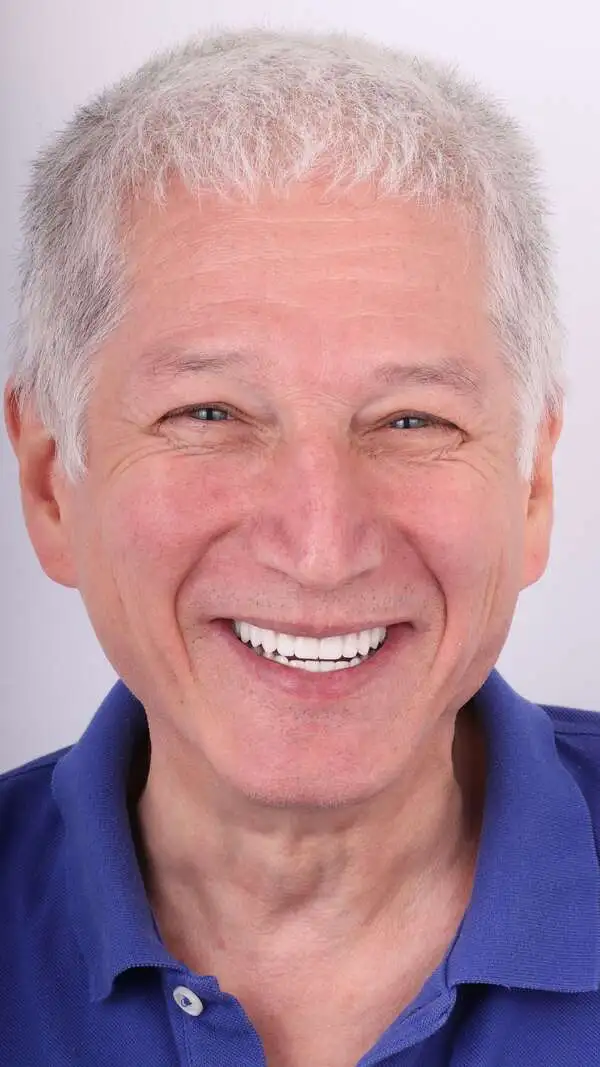
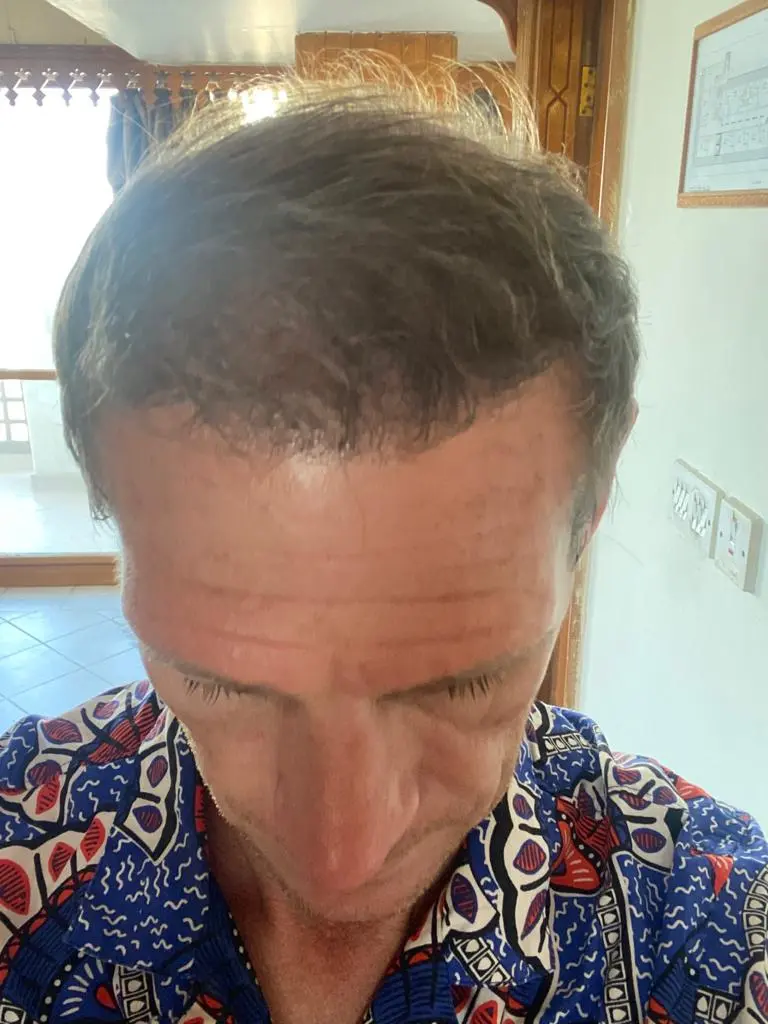
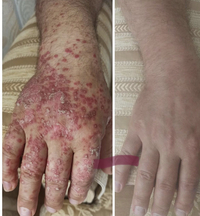
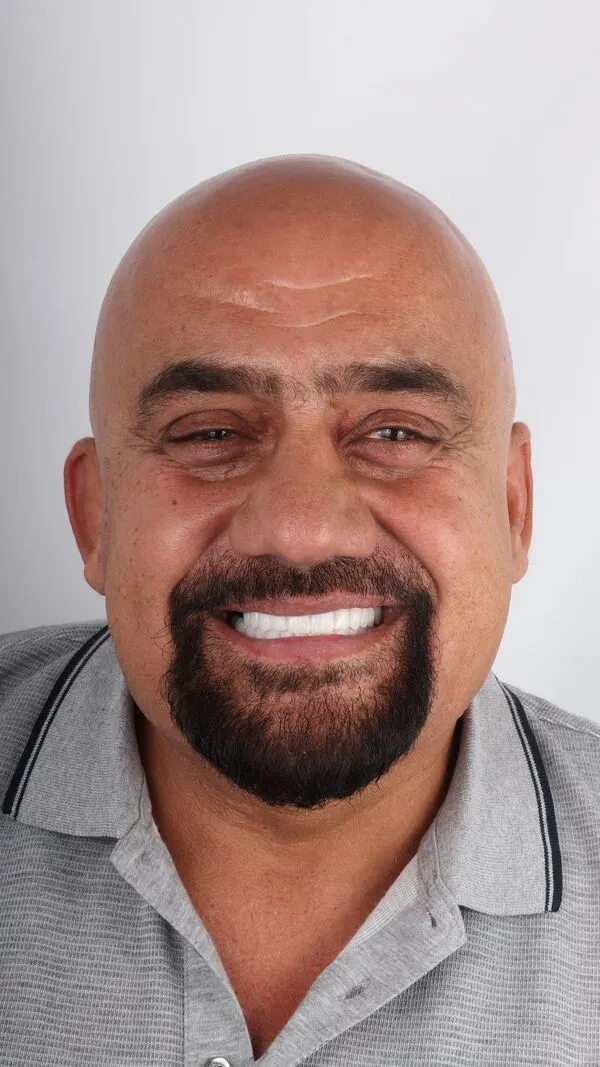

.webp)
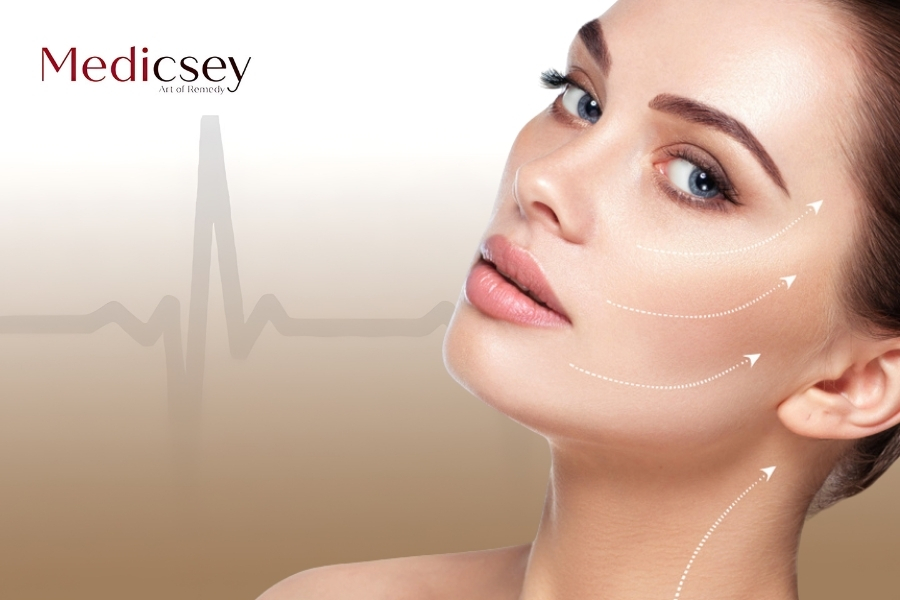
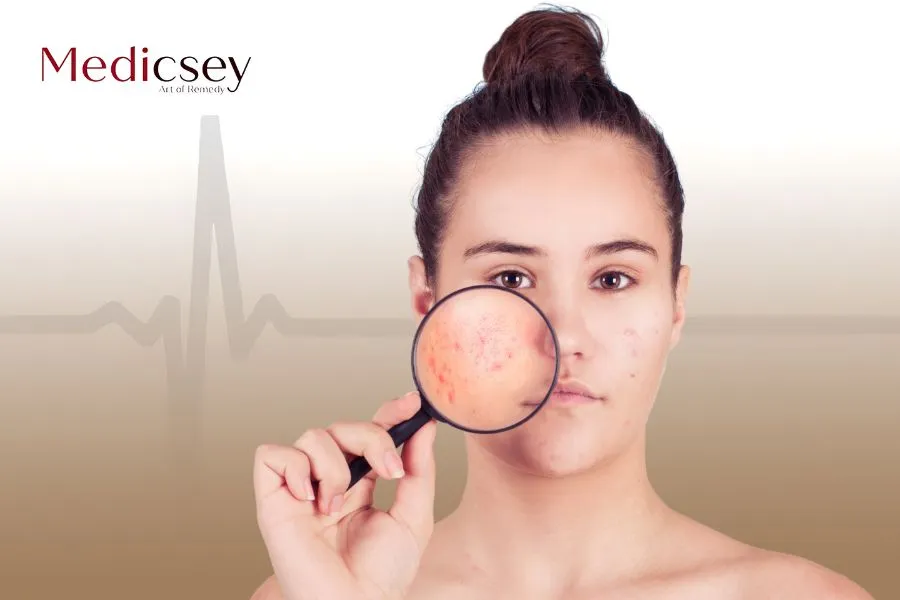
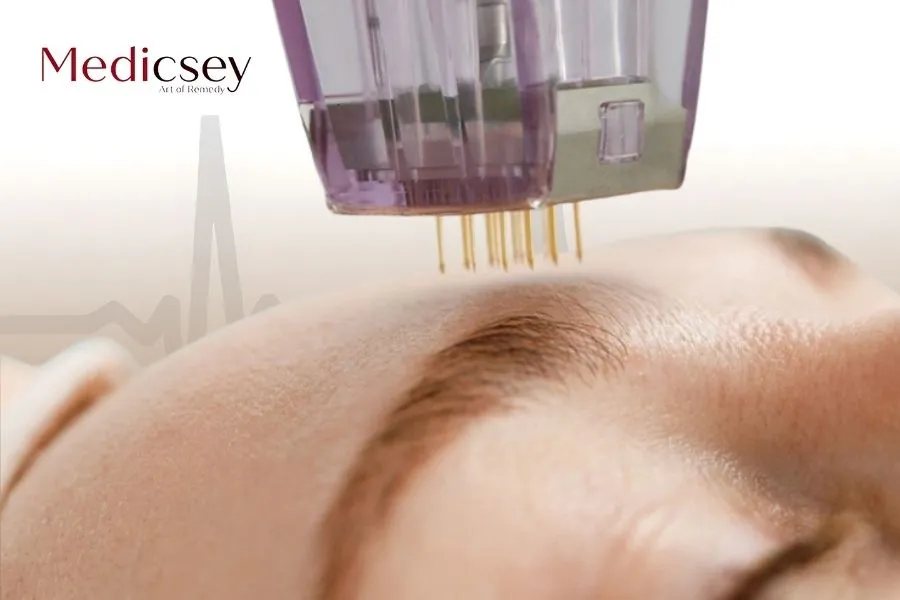.webp)
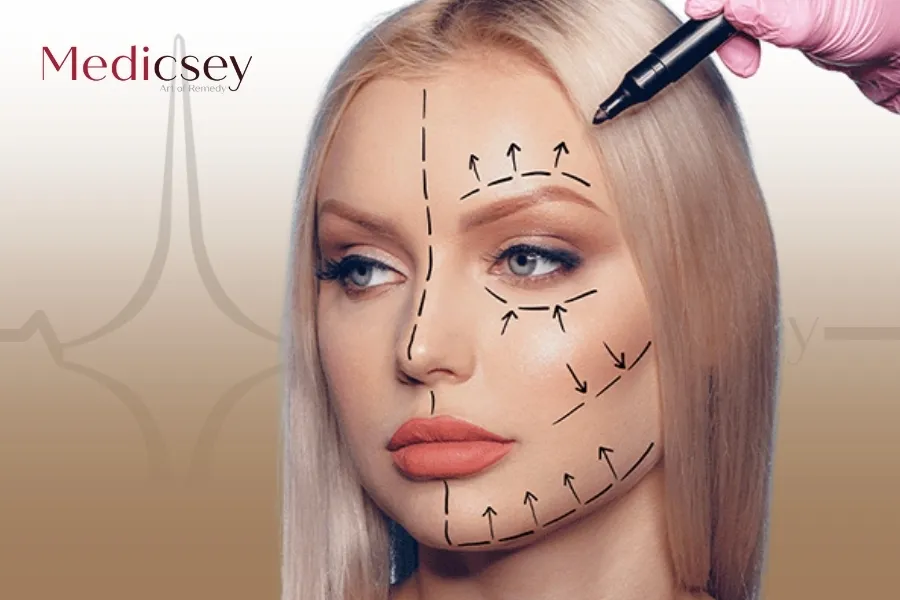
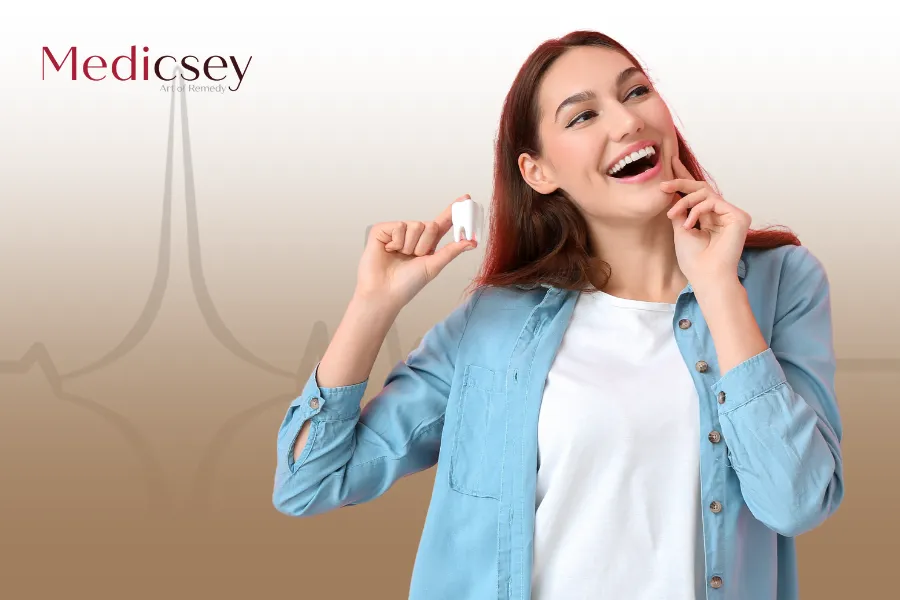
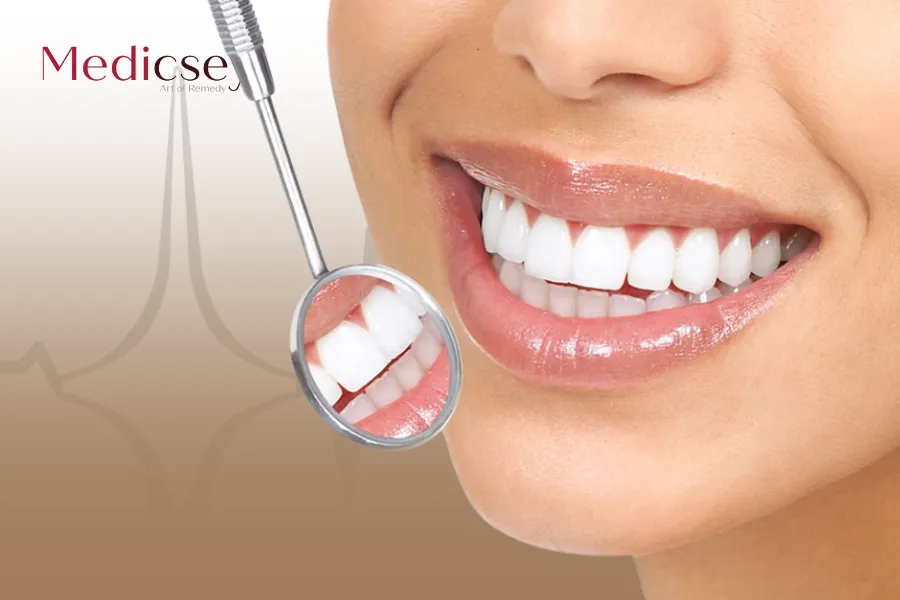.webp)